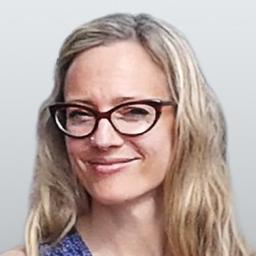The B.C. government has dismissed calls for further scrutiny of the contentious Bill 36 despite growing political opposition and a groundswell of petition signatures to recall the bill. Critics say the bill—the Health Professions and Occupations Act—gives the health minister sweeping powers previously wielded by regulatory colleges.
“With Bill 36, doctors that make recommendations outside government guidelines may be charged with misinformation. If found to be at fault, they could lose their licence, be fined, or go to jail,” Dr. York Hsiang, a vascular surgeon in Vancouver, told The Epoch Times.


